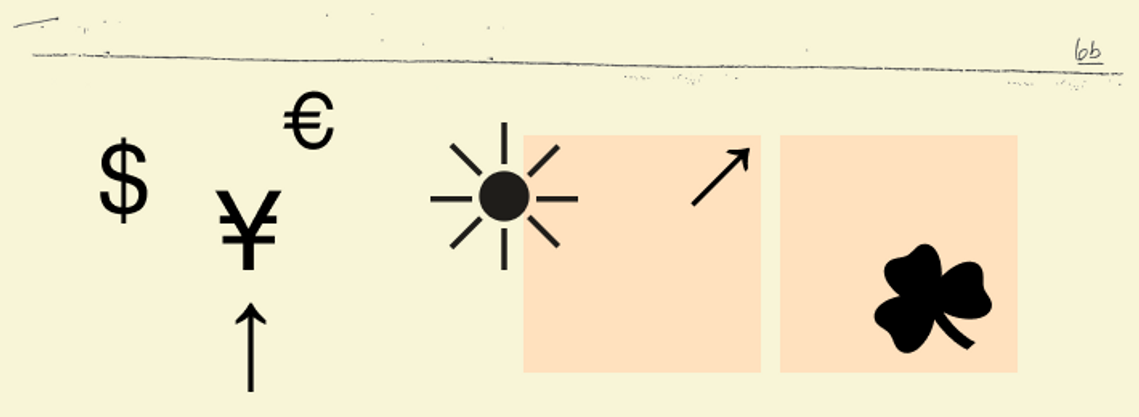 Pexels PexelsThe carbon offset market is poised to surge in 2024, setting up a test of whether the industry’s early attempts at self-regulation are sufficient to crack down on pervasive fraud and greenwashing.  Shell, in particular, closed out 2023 with an offset shopping spree, ending the year as the world’s champion carbon buyer by far, as it sought to compensate for its massive carbon footprint. The oil major was responsible for about 10% of all global carbon purchases, according to Australian financial firm Macquarie. Top-ranked buyers after Shell include Volkswagen, Texas-based Diamondback Energy, and Colombia’s Terpel. Overall, Macquarie found that demand for carbon offsets fell only 3% from 2022, a sign the market was not much dented by recent bad press about dubious offset-generating projects, such as a forest conservation project in Zimbabwe, which the world’s top offset dealer dropped from its portfolio following investigations suggesting it overstated both the climate and local development benefits of its work. Fear of reputational damage may keep some buyers away, and a dip in prices also cut into the supply of new credits last year. But for now the carbon market has contracted as much as it is likely to, barring more major scandals, said Macquarie analyst Serafino Capoferri. 2023 also saw a growing number of first-time purchasers, suggesting the market’s reach is broadening — and that its buyers and sellers are willing to forge ahead while major oversight issues remain unsettled. “The key element that is missing from the market is confidence,” said Mark Kenber, executive director of the Voluntary Carbon Markets Integrity Initiative, an industry group. |















